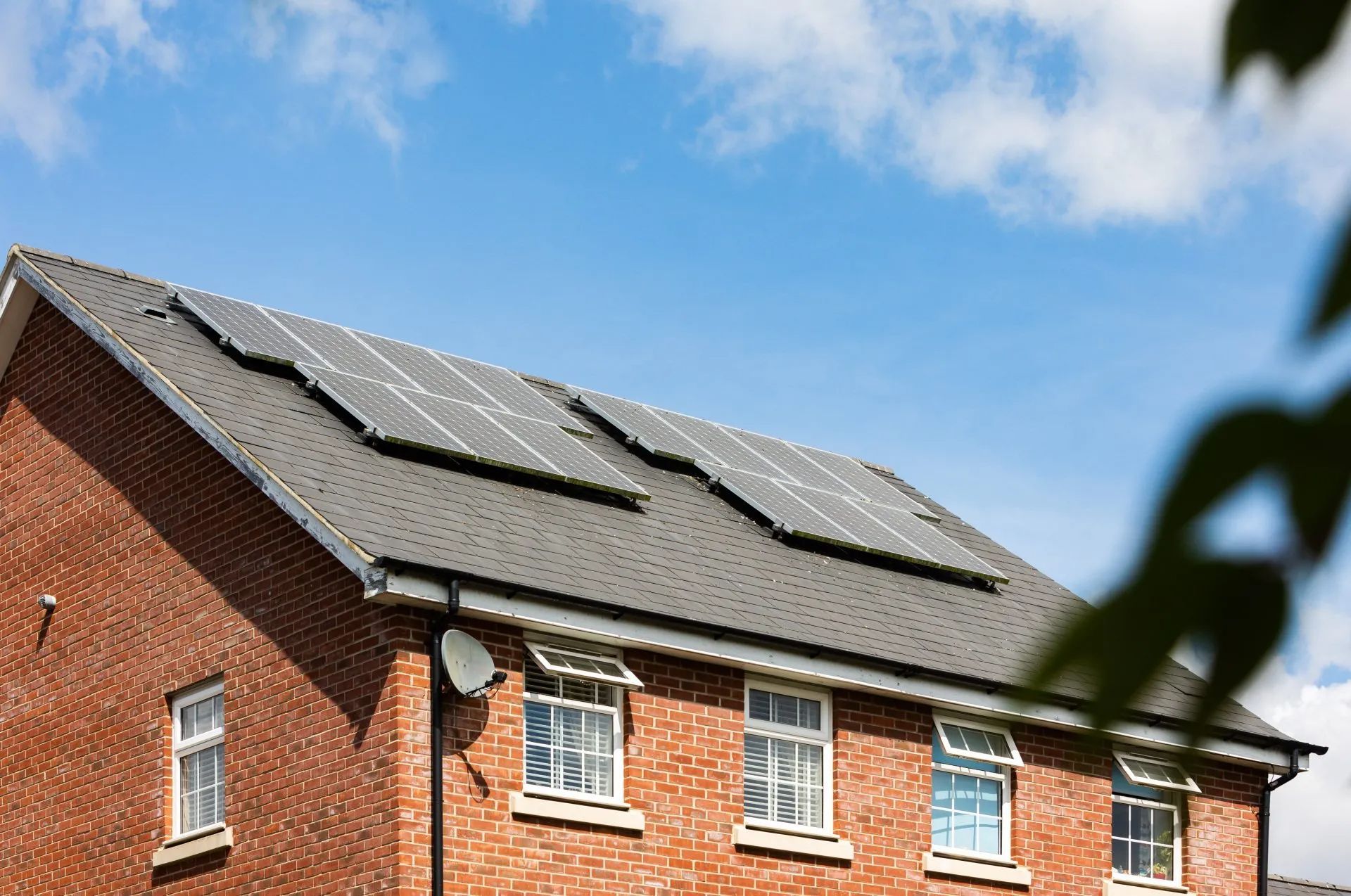About Us
Badger Insurance Advisors is a Trusted Choice Insurance Agency, which means we are independent and are not confined to one specific insurance company. This matters because we work for you, not the insurance company! Risk is everywhere, let us help you protect your valuables: auto, home, or life insurance…whatever matters to you!
Contact Info
5916 N Lisbon St, Aurora, CO 80019
(8:00am - 6pm MST, Monday - Friday)


BY: KEVIN VOLZ | INSURANCE AGENCY PRINCIPAL
- PERSONAL INSURANCE
About 59.7 million Americans, or 19% of the population, live in multi-generational households.
As the cost of living continues to rise, more and more families are opting to live together in multi-generational households. This arrangement can offer many benefits, but it also comes with challenges, especially regarding insurance.
These include:
- Making sure everyone is covered
- Finding the right type and amount of coverage
- Determining who is responsible for what
- Ensuring that there are no gaps in coverage
If you're part of a multi-generational household, here's what you need to know about
insuring your home in Colorado.
Types of Coverage
There are two main types of home insurance–contents insurance and building insurance.
Contents insurance covers the belongings in your home, such as furniture, electronics, and clothing. On the other hand, building insurance covers the structure of your home itself–including the walls, roof, and foundation.
Most home insurance policies will include both types of coverage, but it's important to check with your insurer to be sure.
Multi-generational households often have a wider range of needs when it comes to home insurance. For example, if you have elderly parents living with you, their belongings may need to be covered by a different policy than yours.
It's also important to ensure that everyone in the household is covered–even if they don't technically own the home. For example, if your adult child is living with you but doesn't have their name on the mortgage, they should still be included on your home insurance policy.
This is because home insurance policies typically cover the people who live in the home, not just the owners. So, if someone in your household is injured in your home or their belongings are damaged, your policy would likely cover them.
However, there are some exceptions to this rule. Most home insurance policies will not cover damage caused by intentional acts, such as vandalism or arson. If one of your family members damages your home on purpose, you would likely have to pay for the repairs yourself.
Amount of Coverage
The amount of coverage you need will depend on a number of factors, including the value of your home and belongings and the amount of risk you're comfortable with.
For example, if you live in an area that's prone to natural disasters, you may want to have a higher amount of coverage than someone who lives in a more stable area.
Multi-generational households often require a higher amount of coverage than single-family homes. This is because there are typically more people living in the home, which means there's a greater chance of something happening.
It's also important to keep in mind that the value of your belongings may have increased since you last checked your policy. For example, if you've recently purchased new furniture or electronics, you'll want to ensure that these items are properly covered.
The same is true for any home renovations or additions you may have made. If you've added a new room to your home or made any major changes to the structure of your home, you'll need to update your policy accordingly.
Determining Responsibility
In a multi-generational household, it's important to determine who is responsible for what, especially regarding home insurance.
For example, if you're the homeowner, you're typically responsible for ensuring that the home is properly insured. However, if you have relatives living with you, they may also be responsible for certain aspects of the home, such as contents insurance.
It's important to have a discussion with your family members about home insurance so that everyone is on the same page. This way, if something happens, you'll know exactly who needs to file a claim and who is responsible for what.
Ensuring There Are No Gaps in Coverage
When you have a multi-generational household, there's always the possibility of someone being left out of your home insurance policy.
For example, if you have an adult child who doesn't own the home but is living with you, they may not be automatically covered by your policy. The same is true for any other family members who don't technically own the home.
To ensure that everyone in your household is properly covered, you'll need to check with your insurer to see if they offer any additional coverage options. You may also need to purchase a separate policy for certain family members.
It's also important to remember that most home insurance policies have a maximum number of people who can be covered. So, if you have a large family, you may need to purchase multiple policies to ensure everyone is protected.
Adding Another Driver to Your Policy
If you have a family member living with you and need to use your car, you'll need to add them to your auto insurance policy.
The same is true if they have their own car but live in your household. A multi-generational household often requires a different auto insurance policy than a single-family home.
This is because there's typically a higher number of drivers in the household, which means there's a greater risk of an accident. To ensure everyone in your household is properly protected, you'll need to speak to your insurer about adding additional drivers to your policy.
Making Sure Your Policy Is Up-To-Date
It's important to regularly review your home insurance policy to ensure its still meeting your needs. This is especially true in a multi-generational household, as changes may need to be made to the policy.
It's also important to remember that home insurance policies have a maximum coverage limit. So, if the value of your home or belongings has increased, you may need to increase your coverage limits to ensure you're properly protected.
Have Questions? Compare Multigenerational Home Insurance Policies Online
Badger Insurance Advisors can help you find the right multi-generational home insurance policy for your needs. We offer a fast and easy way to compare policies from leading insurers, so you can find the right coverage for you.
Contact us today to get started.
BLOG AND NEWS
Better Insurance Decisions
Begin Here


READY TO GET STARTED
Get A Free Quote Today!

See how much you could save on your insurance with personalized quotes for Colorado residents.
or call us directly











